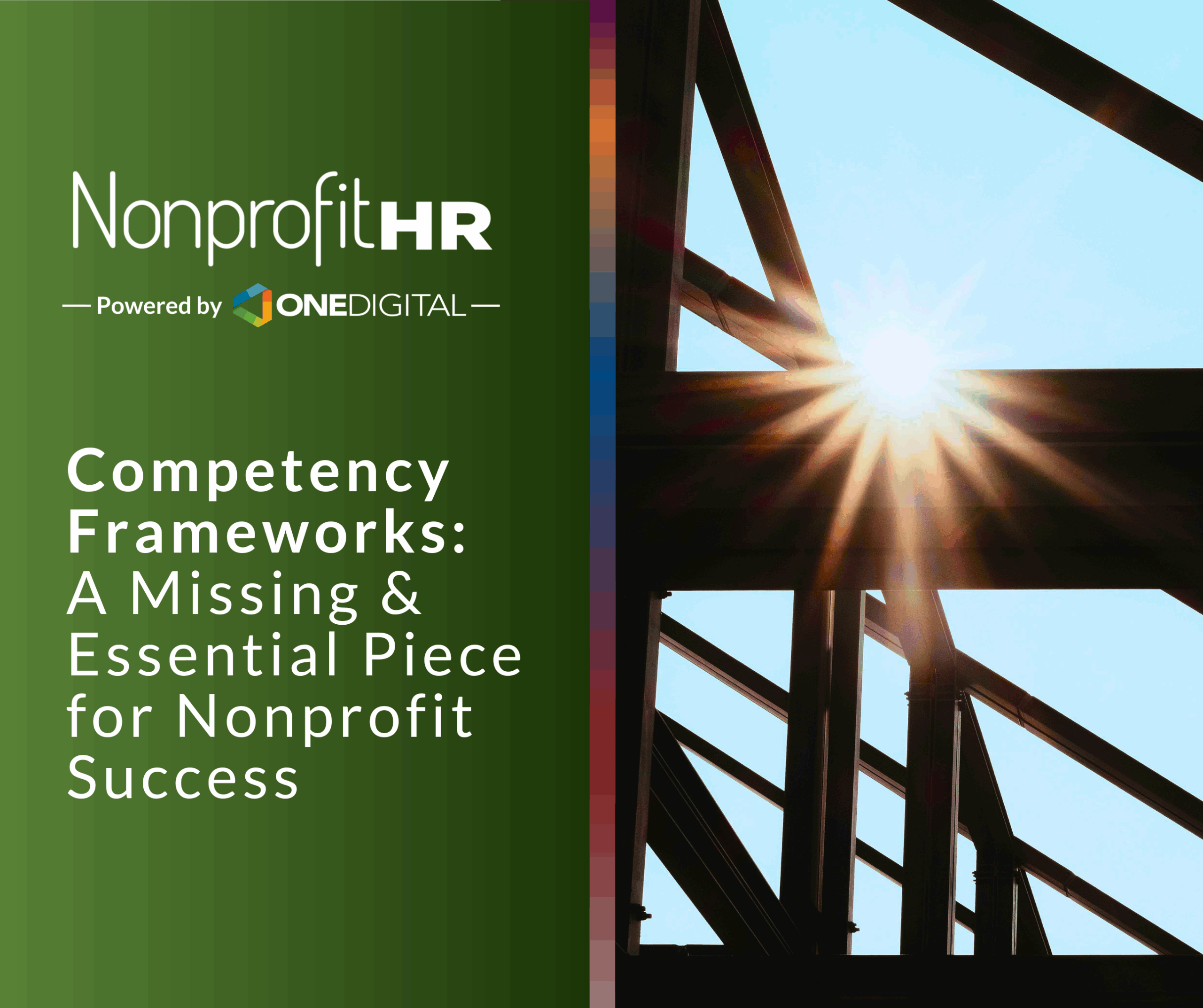WTOP: 5 ways nonprofits can…
Office romance is part of society and culture. There are many opinions about what is proper and professional. Recently a new survey found that 90 percent of workers think interoffice relationships are none of HR’s business.
To begin with, the survey has some ridiculous questions like, “should you be allowed to have a relationship with a co-worker or boss?”
Employers cannot enforce a prohibition on relationships. Not that some don’t try and succeed every now and then, but for the most part employers [should] take a hands-off approach.
However, all organizations need to have a written policy in place for interoffice relationships. The policy should be a clear part of any employee handbook.
“Interoffice relationships are not a problem until they are a problem,” said Sidney Abrams, Managing Director of HR Consulting Services at Nonprofit HR.
“Every organization needs to properly outline through policy that relationships that can affect supervisory relationships or cloud business decisions need to be brought to HR’s attention,” said Abrams.
Abrams pointed-out that this disclosure policy is not HR acting as Big Brother, but just fulfilling its duty to preserve positive workplace culture.
“You obviously cannot have a supervisor dating a subordinate,” said Abrams. “Such relationships can affect morale and business practices. If such a relationship does occur, it is often best to reassign one part of the couple to duties that take them out of the supervisory chain.”
The Business Insider survey indicates that workers agree with Abrams.
According to the survey most workers (86 percent) avoid having [relationships] with the boss. Similarly, the reverse is also true and bosses that responded say they do not often take advantage of their position, with 35 percent admitting to having [a relationship] with someone lower down the company hierarchy.
“Believe me, no HR professional in their right mind wants to deal with the moral fog of office romance,” said Abrams. “That is why it is best to have a clear policy that is followed up by training on harassment and conflicts of interest. The goal is to protect the organization and the employees. Good planning and effective HR can make dealing with human nature a bit easier.”





























